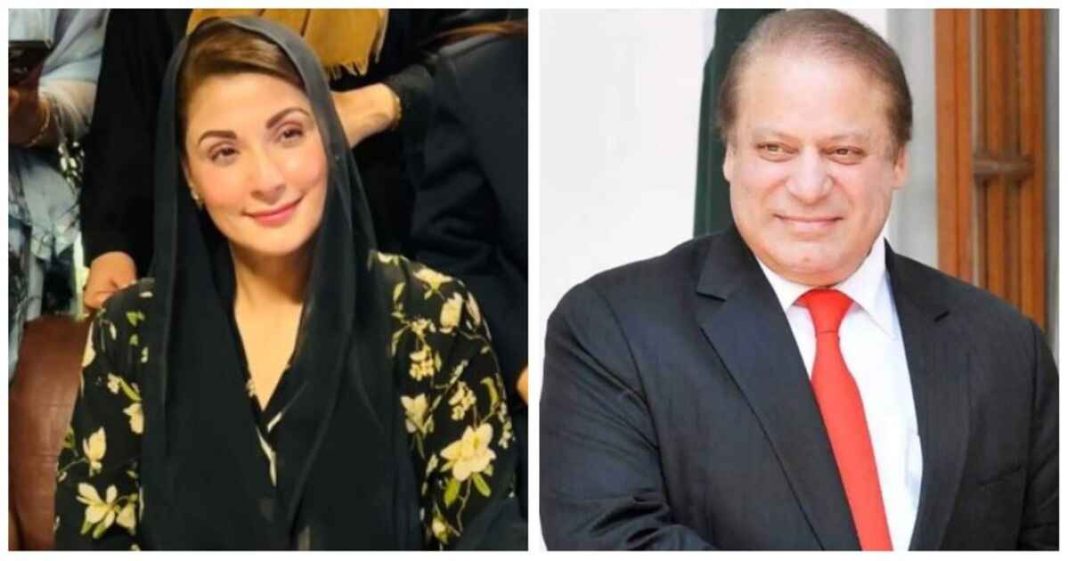The National Accountability Bureau (NAB) has decided to suspend investigations into five corruption cases involving former Prime Minister Nawaz Sharif and his family, including the Sharif Trust case. This resolution was reached during a meeting of the top anti-corruption body in the country on January 1. The halted inquiries also encompass cases related to the Punjab Safe City Authority, Social Action Programme, Park Enclave, and others.
The authorization for the investigation into the Sharif Trust case was initially granted on March 31, 2000. The allegations in this case suggested that the Sharif family had established undisclosed properties under the trust’s name, utilized funds from trust accounts without proper auditing, and engaged in financial misconduct. Additionally, the family faced accusations of accumulating substantial sums of money secretly under the trust’s name.
The NAB terminated the investigation using the authority granted under Section 31-B of the National Accountability Act, 2022, as amended by the Pakistan Democratic Movement (PDM)-led government led by Shehbaz Sharif. The amended law empowers the NAB chairman to close inquiries initiated under any other law.
Section 31-B
A joint investigation team (JIT) formed to probe the Panama Papers, in its report submitted to the Supreme Court, criticized the NAB for delaying the investigation into the Sharif Trust case without proper justification. The JIT recommended swift action to complete the investigation.
More to read:Imran Khan Faces Fresh Arrest in GHQ Attack Case, All Cases Against Nawaz Sharif Quashed
Now, the NAB has terminated the investigation under Section 31-B of the National Accountability Act, 2022, as amended by the Shehbaz Sharif-led Pakistan Democratic Movement (PDM)-led government. According to Section 31B, the NAB chairman, in consultation with the Prosecutor General, may withdraw or terminate proceedings if they are deemed unjustified, either partially, wholly, conditionally, or unconditionally. If a reference has been filed, the chairman may recommend withdrawal or termination to the court, resulting in the discharge or acquittal of the accused based on the timing of the decision.














